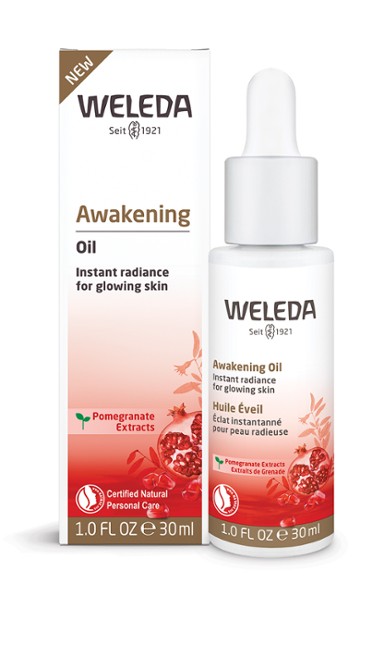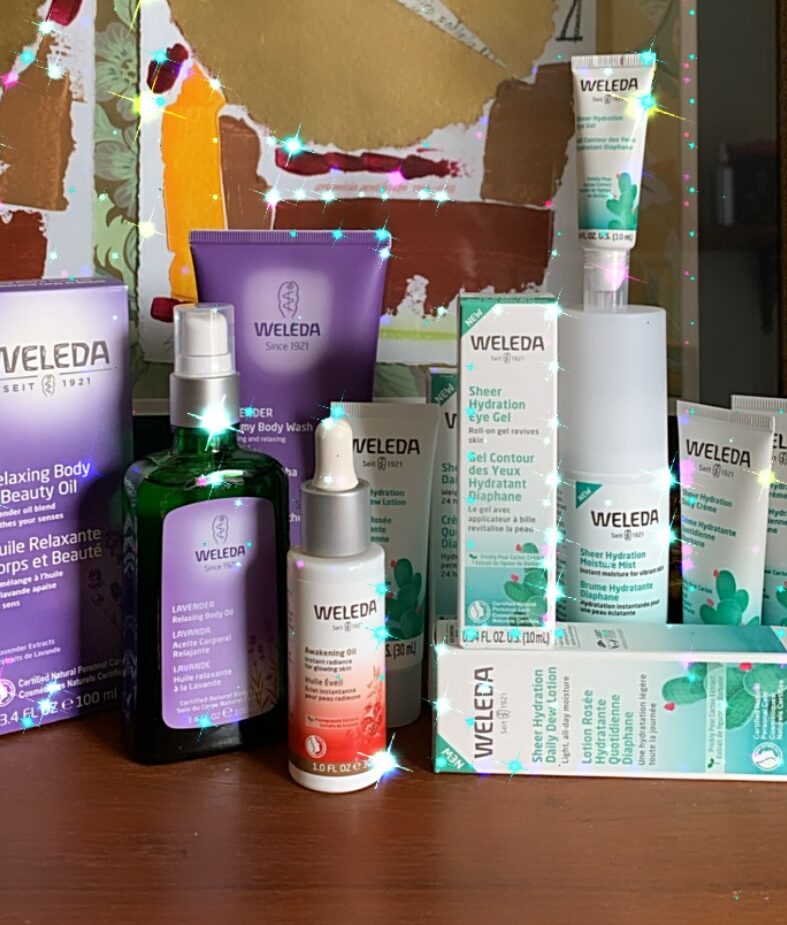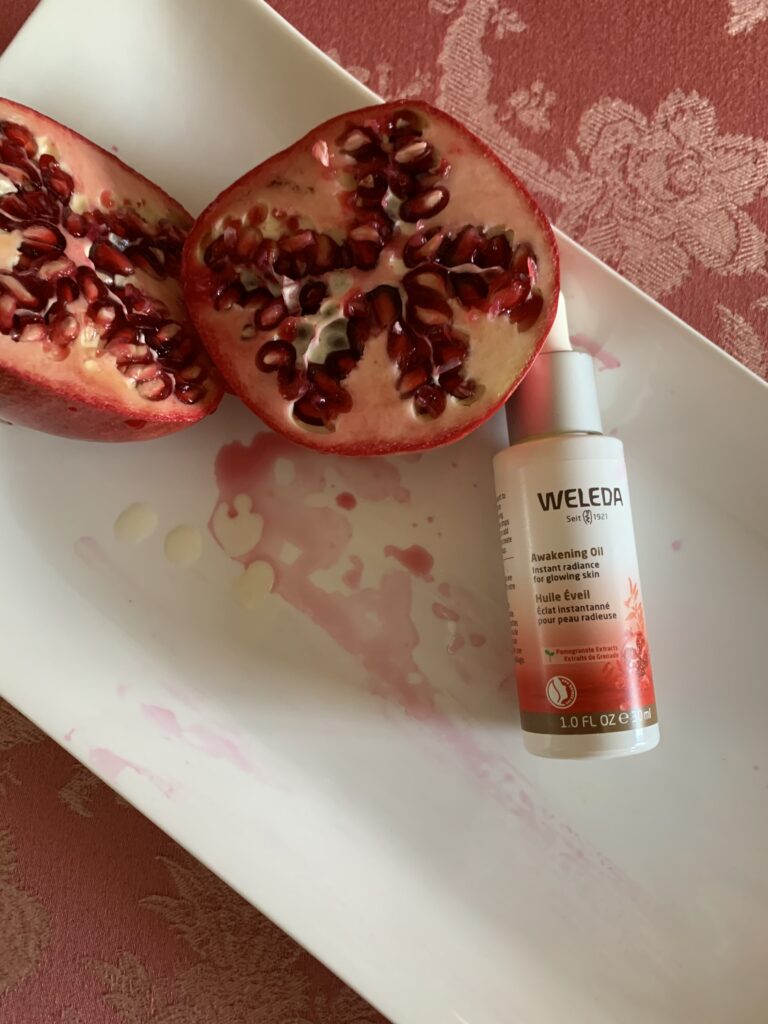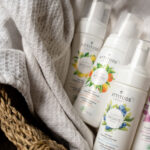Let’s just say that as I’ve slowly learned to shift my diet away from animal products to other forms of proteins, and discovered just how long and extensively botanicals have been used for both personal care and household cleaning, my interest in a plant-based lifestyle has been growing.
Those few years, and modest efforts, are but a scant fraction of the expertise that Weleda, the Swiss skincare company has gained since it was founded in 1921. The seeds of this century-old company lie literally, you could say, in the earth.
Rooted in history
From the beginning, Weleda focused on identifying plant properties that could address specific skin conditions for specific skin types, including garden-variety dryness.
Research is done at fifty-acre biodynamic garden farm in Schwabisch Gmund, Germany, which is run on the same holistic, ecological, and ethical farming principles on which the company was founded, and that continue to frame its manufacturing approach.
On site, surrounded by the beauty of nature, an experienced research and development team explores the natural potential of various plants, and finds ways to apply those attributes to lotions and potions for babies and adults.
Botanical Beauty
This year, focus is on Prickly Pear, a cactus that grows in the Mexican desert, where its moisture-retaining properties come in handy, as you can imagine. It combines two properties you don’t often see together—hydration and lightness. The Sheer Hydration line includes daily dew lotion and cream, eye gel, and a moisture mist in a can that’s so useful in dry indoor environments. I’ve been keeping one on the shelf in my home office; where I use it a couple of times a day for a hydrating, refreshing pick-me-up.
Just because a product is made with plants doesn’t mean it’s right for your skin. It’s important to know what works for you. Learn about the specific properties of plants, and which products are right for you, at Weleda. To get personalized results, take this quiz, which can even suggest customized product combinations based on your needs.

wheat germ.
As my 62-year-old skin is dry and sensitive, I tend to gravitate toward Weleda’s oils for both body and face.
I’ve long been a fan of their Wild Rose Oil, but this spring I tested a new oil made with vitamin-rich pomegranate seed oil. It’s intensively nourishing, and has a lovely, natural fragrance that’s deeply calming.
TIP: Before you apply, rub oil together in your palms a few times and then inhale deeply. Instant aromatherapy. Also lovely with my old standby, Lavender Oil.
The Awakening facial oil is extremely hydrating, and I find the subtle sheen of the oil adds a dewy look. (Love using it on my neck for that reason.) Sometimes I use it to boost a favourite moisturizer. The body oil is lovely on dry skin everywhere, especially elbows and heels. I’ve been known to rub a little in my scalp and hair before I go to the beach.
TIP: Get feet sandal-ready by slathering them in oil after pumicing/bathing, and then popping on cotton socks for a few hours.
Cool kids also use oils to reduce friction when using fingertips, gua sha, jade rollers, or other facial tools.
Weleda products are certified through a UN-initiated Sourcing with Respect program that ensures biodiversity is being protected during cultivation, harvesting and processing, and that everyone in the supply chain enjoys fair wages and labour conditions.
Weleda beauty products are also certified natural per NATRUE. Created by the International Natural and Organic Cosmetics Association, NATRUE’s independent scientific committee standards for cruelty-free ingredients and production methods, and that products be made without synthetic preservatives or fragrances, phthalates, silicones, parabens, ingredients of mineral origin, SLSs or GMOs.





